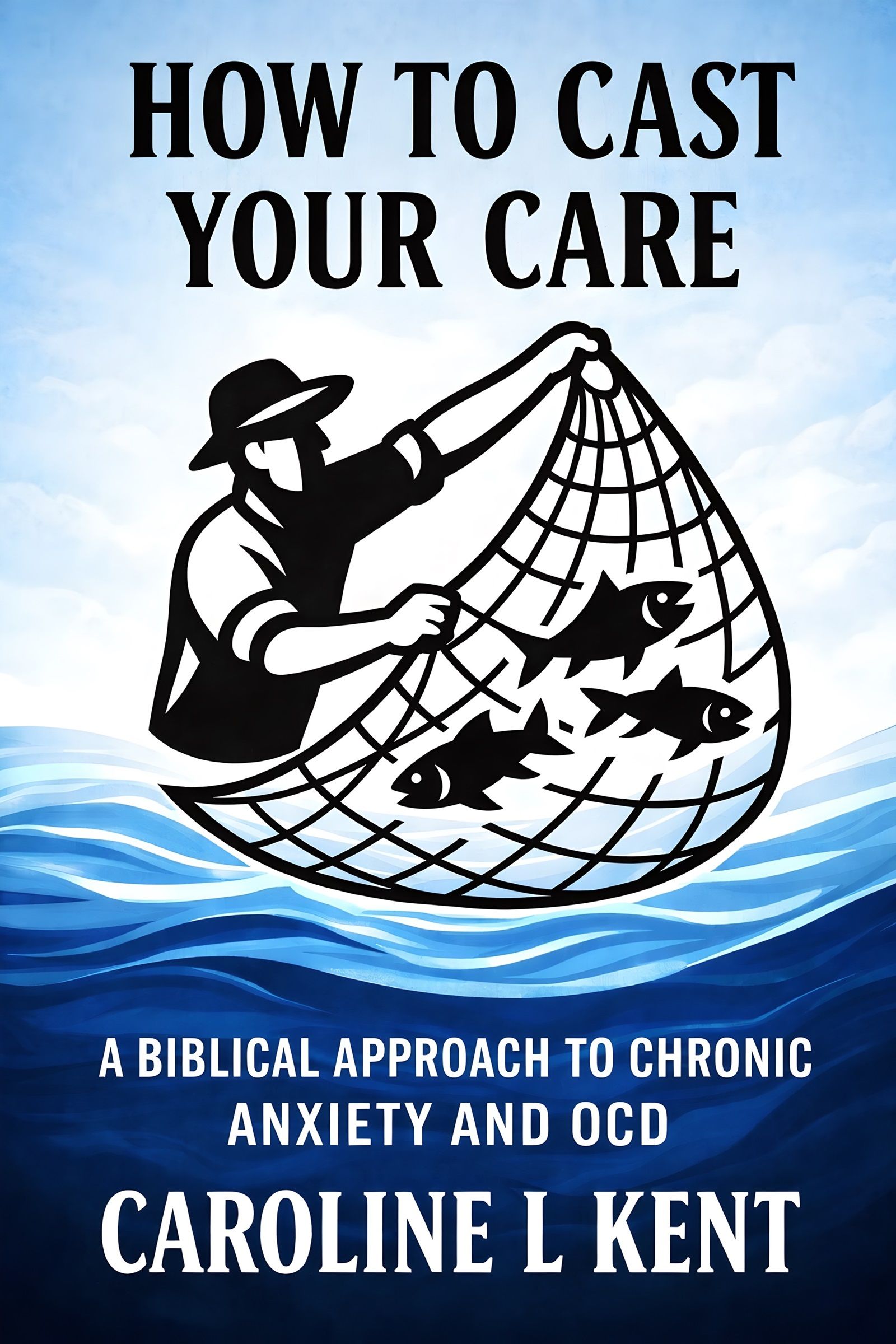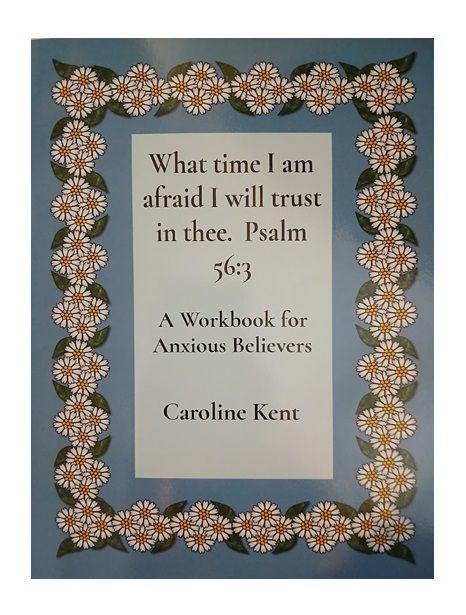Melancholy
Introduction
Melancholy, in the language of Richard Baxter and the Puritans, referred to a deep sadness, heaviness of spirit, or despondency, often joined with bodily weakness. It is more than ordinary sadness; it is a stubborn cloud of the soul that can linger, distort judgment, and steal comfort. Baxter knew it well, both in his own body and in his flock. He recognised that melancholy has physical, psychological, and spiritual aspects, and he urged great tenderness in dealing with those afflicted. It is not always the direct fruit of personal sin, though it can tempt one into sinful despair. He treated it as both a medical condition and a spiritual trial, requiring both remedies of the body and comforts of the gospel.
Scripture Focus
“The Lord is nigh unto them that are of a broken heart; and saveth such as be of a contrite spirit.” (Psalm 34:18, KJV)
“Why art thou cast down, O my soul? and why art thou disquieted within me? hope thou in God: for I shall yet praise him, who is the health of my countenance, and my God.” (Psalm 42:11, KJV)
“Come unto me, all ye that labour and are heavy laden, and I will give you rest.” (Matthew 11:28, KJV)
List of Relevant Scriptures
- Job 3:11–26 – Job’s dark lament under affliction.
- Psalm 32:3–5 – The wasting of the bones under heaviness, relieved by confession.
- Psalm 77:1–12 – Remembering God’s past mercies in times of sorrow.
- Isaiah 61:3 – Christ gives “the garment of praise for the spirit of heaviness.”
- Matthew 26:37–38 – Christ Himself was “sorrowful even unto death” in Gethsemane.
- 2 Corinthians 1:3–4 – God comforts us in all tribulation.
- 2 Corinthians 4:8–9, 16 – “Cast down, but not destroyed.”
- Revelation 21:4 – God shall wipe away all tears.
Overview of the Biblical Teaching on This Issue
The Bible acknowledges the reality of deep spiritual heaviness. Saints like David, Job, Elijah, and Jeremiah endured seasons of great despair, yet were not abandoned by God. Scripture teaches us to cry out honestly to the Lord, to remember His past mercies, and to cling to hope even in darkness. Melancholy is not itself unbelief, but it can tempt us towards it. The gospel assures us that Christ knows our sorrows, bears our griefs, and offers rest to weary souls. God is near to the brokenhearted, and He turns the Valley of Baca into a well of blessing.
Pastoral Guidance
Baxter’s Counsel:
- Distinguish the cause: Baxter urged that melancholy may be rooted in bodily distempers, brain chemistry (as we would now call it), or imagination, and not merely in sin. Therefore, he counsels seeking medical help, proper diet, exercise, and sleep alongside spiritual remedies.
- Guard against despair: “A melancholy man is oft as unfit to judge of his own condition, as a sick man of the taste of his meat; you must not take their judgment of themselves as certain.” Baxter warned that the devil seizes melancholy to drive to despair, and thus sufferers must not believe their own darkest conclusions.
- Feed on the promises: Those in melancholy must be reminded continually of God’s tender promises: that He will not quench the smoking flax, nor break the bruised reed. Even the sighs and groans of the sorrowful are precious to Him.
- Seek diversion and company: Baxter advised against solitude and idle brooding. Instead, he recommended holy conversation, honest labour, reading Scripture, and even lawful recreations to refresh the mind.
- Exercise patience and hope: Progress is often slow. “You must not expect that reason alone, or bare disputing, will cure a rooted melancholy; but by degrees, as the body is healed, the mind will come to itself.”
- Remember Christ’s sympathy: Above all, Baxter pointed to the Saviour who Himself was “sorrowful unto death.” The Man of Sorrows is a faithful High Priest who understands, intercedes, and will bring His afflicted people safely home.
Further Reading
- Richard Baxter, A Christian Directory, Part I, ch. vii (“Directions to the Melancholy”).
- Richard Baxter, The Cure of Melancholy and Overmuch Sorrow by Faith (short treatise within his pastoral works).
- John Flavel, A Token for Mourners (comfort for the sorrowful).
- Thomas Brooks, Heaven on Earth (on assurance in times of spiritual darkness).
- Jeremiah Burroughs, The Rare Jewel of Christian Contentment (help in resting in God amid affliction).





